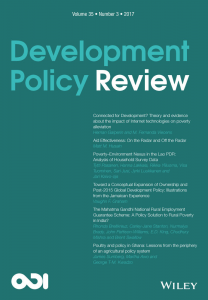West Virginia Chemical Spill as State-Corporate Crime
On January 9, 2014 government officials in West Virginia discovered that over 7,500 gallons of chemicals used to clean coal had leaked out of a Freedom Industries’ chemical facility and into the nearby Elk River. The location of the leaking storage facilities was just upriver from the largest treatment facility in West Virginia affecting over 300,000 residents throughout the state. Immediately discovering the leak, government officials notified the residents of Charleston and surrounding areas to stop using tap water. The...






1475-6781/asset/JSS.gif?v=1&s=377bb8e0c3d0fcf201f301ded7cf610142072c3e)
